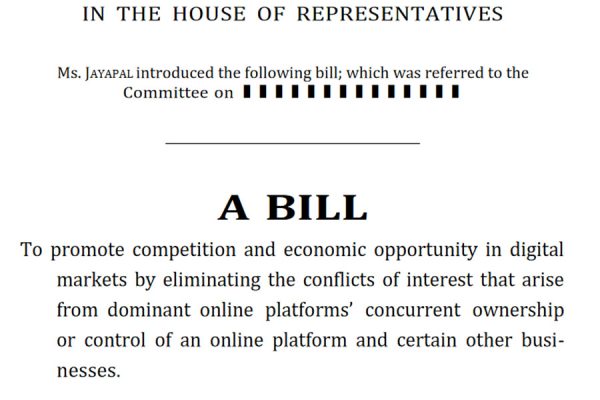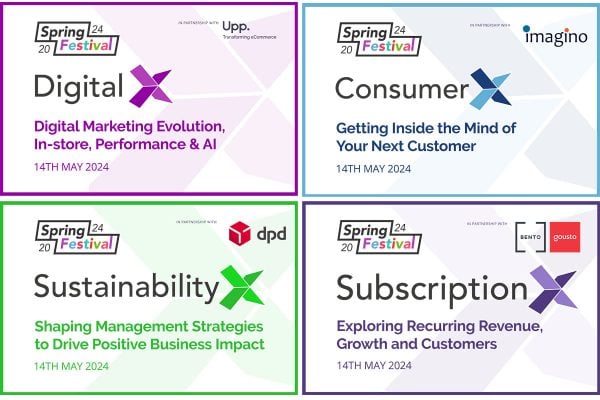 Tamebay reader Glenn is a pretty experienced eBay seller but is facing ever increasing competition from his own suppliers. How do you cope when your supplier starts competing directly with you on the same marketplace? Here in his own words Glenn sums up the problem:
Tamebay reader Glenn is a pretty experienced eBay seller but is facing ever increasing competition from his own suppliers. How do you cope when your supplier starts competing directly with you on the same marketplace? Here in his own words Glenn sums up the problem:
There have been several occasions on which I have been fortunate enough to be the sole seller of a particular product and have turned a good profit in the absence of competition.
However like most sellers I generally find that I am in competition with other sellers and price my products accordingly. I look at my competitors and in particular their sales history and may well choose to let them “sell out” of a product rather than matching them price for price. There are other factors such as Top Rated Seller status, listing content and their feedback profile, but generally I consider price and quantities offered for sale. I do not follow the philosophy of being the lowest priced seller, but by the same token I cant afford to isolate myself and need to price competitively.
This strategy has worked well enough for the last few years and although not a perfect formula it was a formula which worked, until recently. Over the last few months I have personal experience of purchasing CDs from three different wholesalers only to find each one of them opening accounts on eBay and Amazon and selling the same products. I purchased at a price below my selling price and am now faced with the problem of competition against wholesalers who have a limitless supply of products.
I know that there have always been factory outlets and the wholesalers are perfectly entitled to sell on any channel they choose, but it seems to me that they are killing the golden goose. I still purchase CDs from two of the wholesalers, but no where near the range or quantity I used too, because I am not prepared to compete in an unfair fight.
Considering that many professional sellers purchase products to sell on several channels I wonder how others like me will be changing their purchasing strategies.









8 Responses
Totally agree on price. Not worth having a race to the bottom. It’s very difficult to win a price war.
Find new products to sell. You are fighting a losing battle trying to compete against suppliers.
I now am the manufacturer of most of the products I sell. If someone starts manufacturing the same items and starts cutting my profits I just go to another product.
I launched a new product about 3 months ago that has been my best selling product in over 12 years of selling online
Manufacturers (like us) are in a tricky spot, 10 years ago we sold to the trade only, plumbers merchants, builders merchants etc etc but times have changed so much, the same buyer that bought a bath through Jewsons 10 years ago now buy’s one online, Jewsons lost the business and so did we (the goose died) selling direct was the only sensible option left which is why we made that move in 2002.
That is a situation that has happened to us ,stop purchasing from them and tell them why. The market is tough for everyone out there at the moment. There are still people who see to be able to undercut sensible pricing levels .
I agree with Whirly that same suppliers can sell online easily and it all depends on the products you sell.
However two of our suppliers both started to sell online(not baths) and then stopped wholesale customers from selling on Amazon, so if you buy from them you can’t then sell or list on Amazon. Needless to say we dropped them with immediate effect.
I think sometimes, again depending on what you sell, you do need to decide what you are, a wholesaler or a retailer I am not sure some companies can be both?
This is why niche product you manufacture yourself is the way to go…
I’m not a manufacturer but it is my understanding that the production cost pre item reduces as the volume produced increases.
A CD manufacturer (wholesaler) needs to produce a sufficient quantity of any given product to make the product viable.
I often purchase titles in quantities of 25 (a box) and offer them for sale on eBay and Amazon. The sell through rate varies from title to title, but I will have some of this title on my shelves for weeks or months. I am holding anywhere between 25 to 1 of this title and multiple this by my range of titles (300+) and I am storing anywhere between 7500 to 300 CDs at any given time. Other sellers will also be purchasing stock in various quantities and holding stock in anticipation of future sales.
When the CD manufacturer (wholesaler) sells to internet trader they clear shelf space and receive payment (cash flow) enabling them to produce more products.
Once the CD manufacturer (wholesaler) start to undercut their own customers those very same customers end up with slow moving stock and their cash flow slows down. Once the cash flow slows down they will be purchasing less from the wholesaler who in turn either produces less or store more and continue to undercut their customers.
The storage of CDs by individual traders then becomes a major headache for the manufacturer and individual traders like myself look elsewhere.
My wholesaler does the same, but has set up six different accounts selling the same items. I have stopped keeping these items, there is no way I can compete. Have mentioned the breach in duplicate listing policy to eBay, but they have been of no help either (always say that something will be done, but nothing ever is – makes me wonder if the amount they are making in fees influences their decision). Hope my wholesaler will realise one day how this will effect his business in the long term.